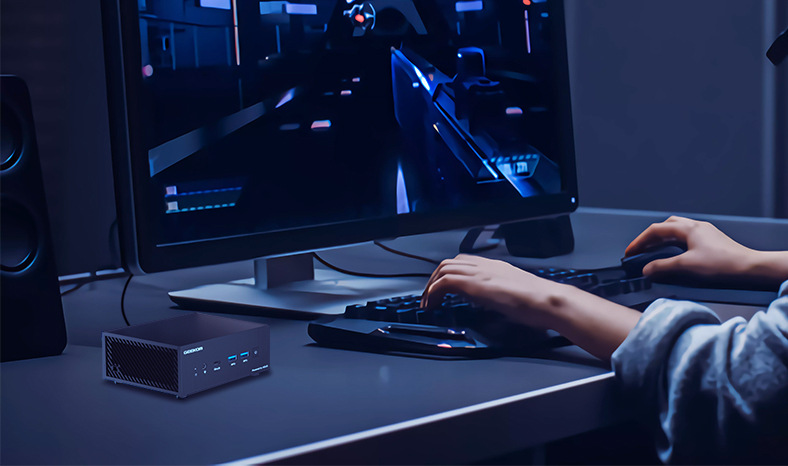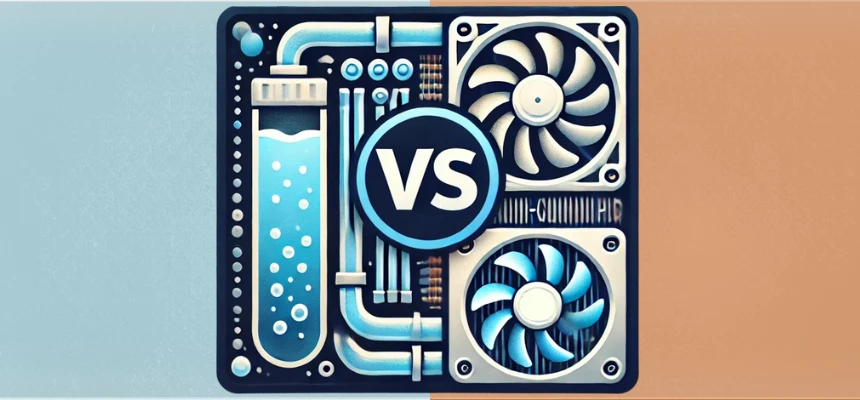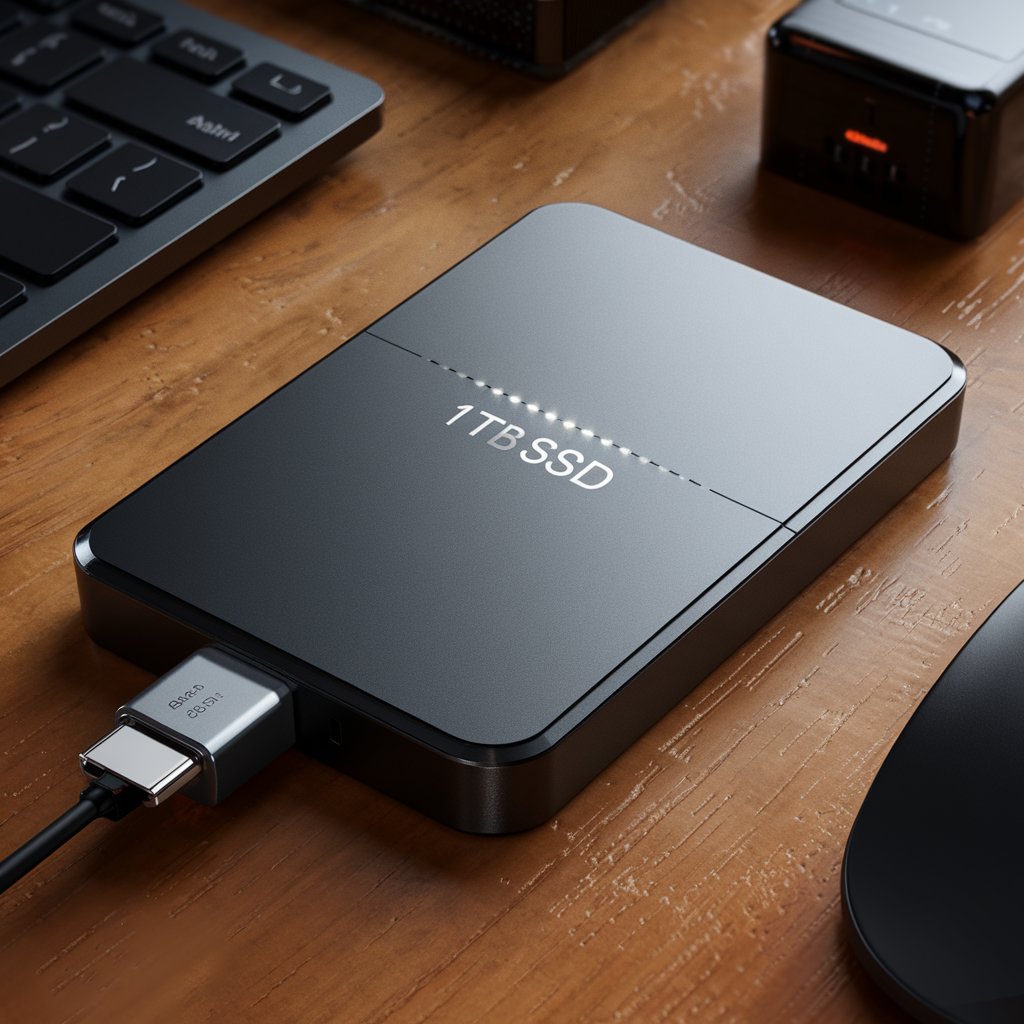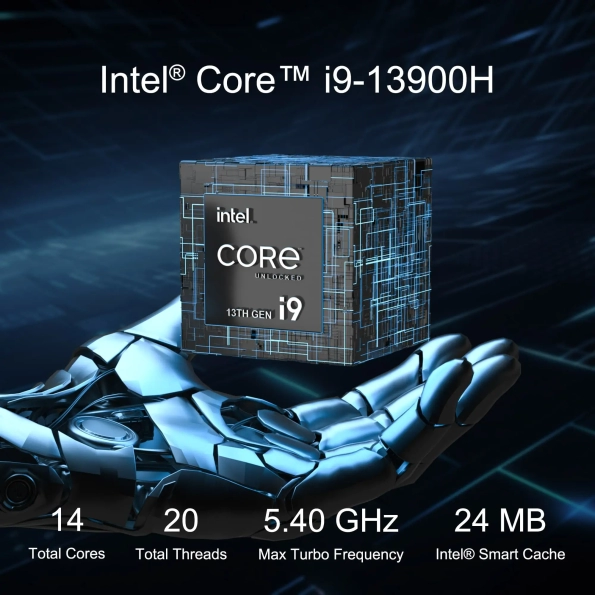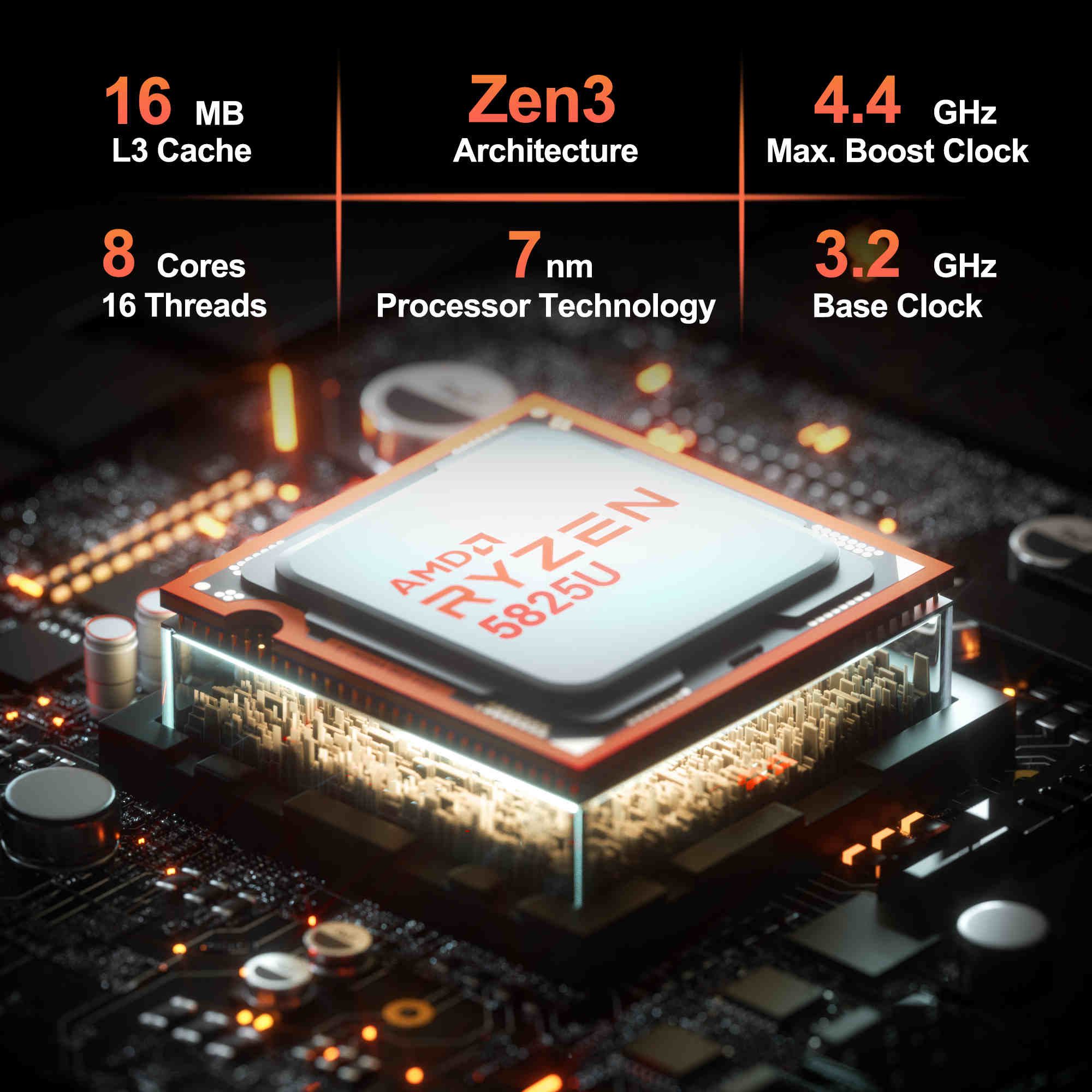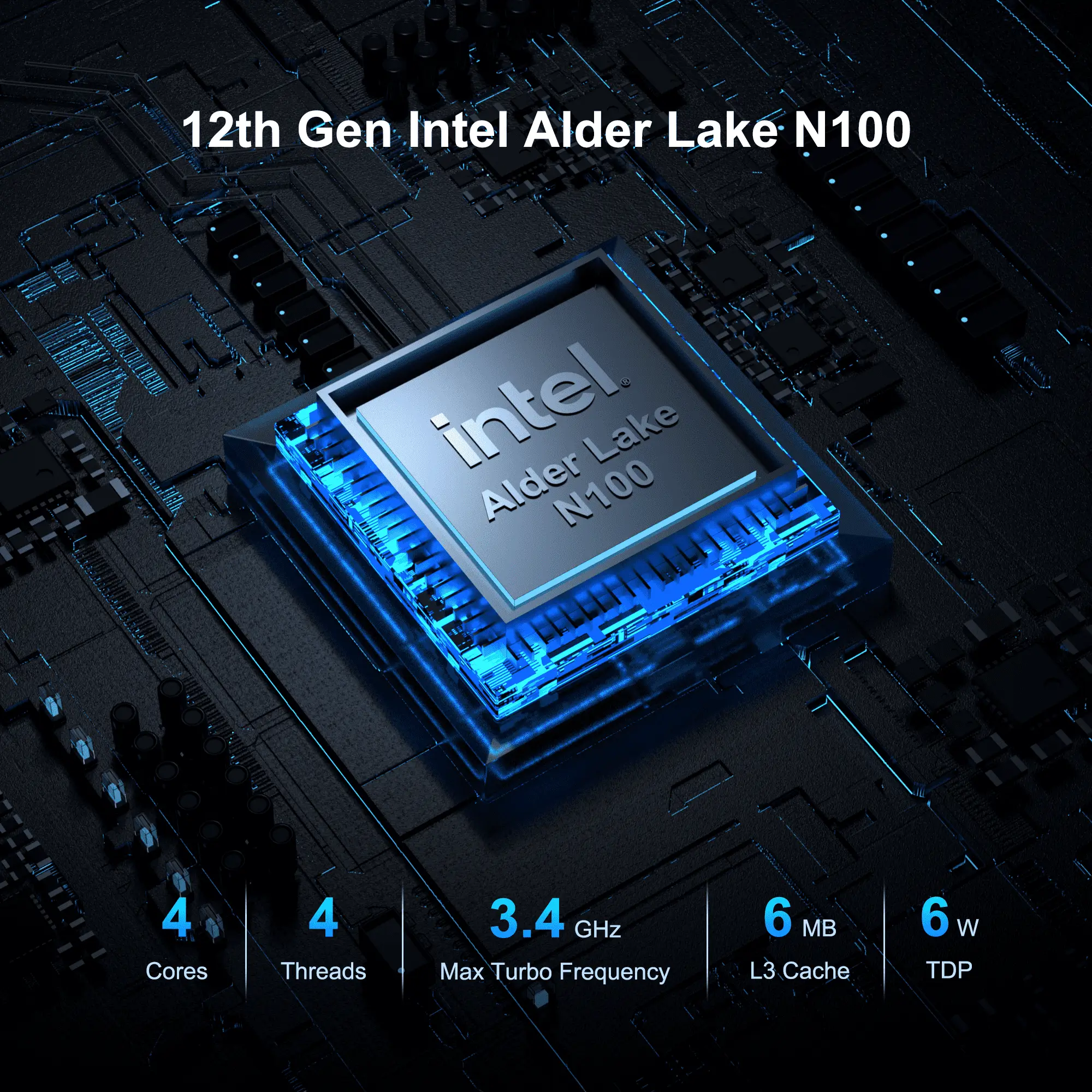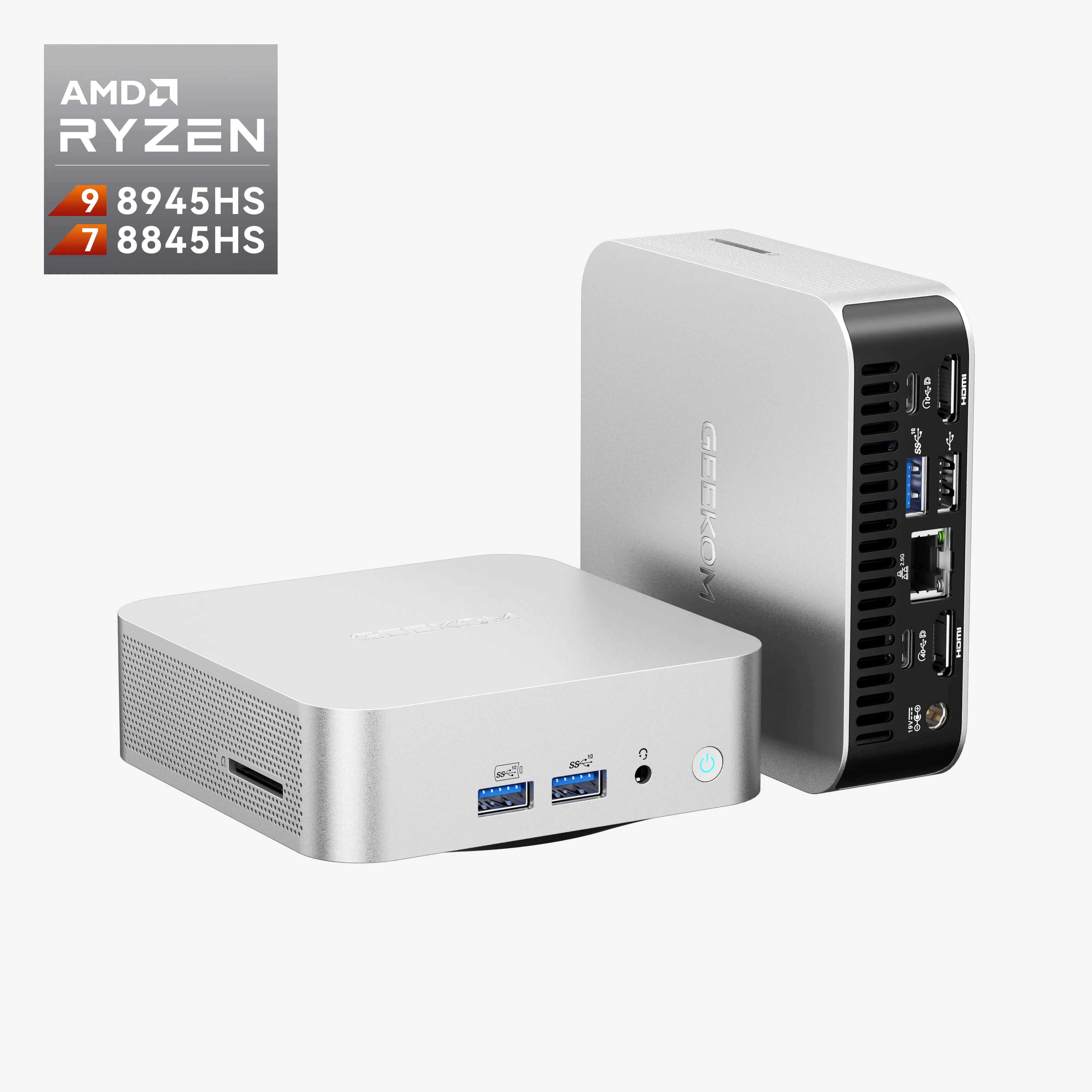Since IT is developing at such a high rate, we can also notice ourselves moving towards smaller and more energy-saving options every other day. Those in this category include Mini PCs and Raspberry Pi. These not only provide certain and specific benefits, but also meet various requirements of the end user as well. So why not do a Mini PC vs Raspberry Pi comparison!
It is even important to study these because people need to make the right decision according to their needs and expectations. Both of these devices were designed in such a manner that users still think they are using their desktop environments, only that the devices are smaller in size. But they are different in all major aspects such as performance, no. of use cases etc.
Simply, Mini PCs are more powerful and can perform multiple functions. On the other hand, Raspberry Pi does particularly well with price as well as if the intended use in a certain project are concerned.
Performance and Cost
Here is a cost and Mini PC performance vs Raspberry Pi:
Performance and Price Comparison
- Processing Power, Memory, and Storage: A Mini PC’s performance is beneficial; given the enhanced physical dimensions, they tend to have more potent processors. At least one can come across processors like Intel Core i7, or AMD Ryzen 7.
On the contrary, Raspberry Pi is limited in terms of processing power. The storage and the memory as now described in more detail compared to Mini PCs is poor.
- Graphics and Real-World Performance: Coming back to Mini PCs, they perform best in terms of graphics. In case editing videos or playing games is your acquaintance, a Mini PC rather than a Raspberry will sum up better outputs; there are fast processors and graphic options worth it.
Raspberry Pi can perform some of the graphic functions, but performance may also be limited to basic graphing tasks.
- Cost Analysis: When it comes to analyzing the cost of Mini PC vs Raspberry Pi, the latter is generally more affordable, especially if you are looking for used models. Finally, performing a cost performance ratio analysis for those who desire quite high performance for more applications, Mini PCs emerge the best.
Versatility and Use Cases
Mini PC Applications
- General Computing: It serves to do general functions such as internet surfing, editing documents and watching videos.
- Office Work: Work with Microsoft Office, Google Workspace and Adobe Creative.
- Gaming: When it comes to Mini PC vs Raspberry Pi for gaming, Mini PC takes the cake as it can run various games especially older titles.
- Media Centers: Shows, films, and music can easily be watched.
Raspberry Projects
- Educational Projects: excellent for understanding programming, as well as notions in electronics and computer science.
- Home Automation: control and schedule operations with your smart devices through Raspberry Pi.
- Robotics: can be used on various robotics projects.
- IoT Devices: can be the main component of Smart world devices.
Overlapping Use Cases
- Web browsing
- Media playback
- Light gaming
Usability and Setup
Ease of Use and Setup
- Mini PCs: relatively hassle-free and ensures speedy productivity as it comes with a predefined structure in the case of conventional IPH.
- Raspberry Pi: this one is rather complicated and requires quite some configuration and setup especially if you are a beginner. A Raspberry Pi setup guide, if used can act as a more gentle phase to get you started with making it less intimidating.
Learning Curve
- Mini PCs: are quite common for usage, thus learning will not give any problems since they have some similarities with regular desktops/laptops.
- Raspberry Pi: learning this technology is quite a lot tougher as if you are a complete novice on Linux and single-board computers.
Operating Systems and Software
Now we are looking at Mini PCs vs Raspberry Pi with respect to operating systems and software application:
- Mini PCs: can be used effectively as it comes with preloaded operating systems for example Windows. On the other hand, as a versatile device and since it can utilize multiple OS, the range of software compatible is more expansive.
- Raspberry Pi: You can choose any Linux distribution you want to use, and install it for your own purposes. But with respect to software applications, however, some constraints will be observed with regard to appropriate application software due to the ARM processor.
Power and Expandability
Comparing the two ‘demons’ in terms of power and expandability where do each of them stand:
Energy Efficiency
- Raspberry Pi: In most cases, the devices consume less power than Mini PCs, more so if designed with low power use configurations.
- Mini PCs: can afford to consume more power especially those with high performance compounds.
Upgrade and Expansion Options
- Mini PCs: offers more upgrading options as regards the replacement of RAM and storage components.
- Raspberry Pi: will have limited upgrade options, and if there are upgrade options, they will be hardware modules known as HATs.
Pros and Cons
Now what is the summary and analysis, let’s do Mini PC vs Raspberry Pi one more time:
Strengths and Weaknesses
Mini PCs
| Feature | Advantages | Disadvantages |
| Performance | Higher Power and graphics. | The high potency for graphics and processing could result in high power consumption and limited cooling provisions |
| Software Compatibility | Compatible with Windows and Mac | Limited to Windows or macOS software only |
| Upgradeability | Be readily upgraded when the need for more RAM and storage | It may be more expensive to upgrade |
| Ease of Use | Usually come with simple installation procedures, especially for starters | Gets rid of the technical skill required for setup, unless advanced setups |
Raspberry Pi
| Feature | Strengths | Limitations |
| Power Consumption | Lower power consumption | Limited power-based stuff |
| Affordability | Cheaper than Mini PC | Possibly inadequacies such as case power supply SD card-added cost |
| customization | Ideal for making and modifying things | Low options for upgrades |
| Educational Value | Ideal for aiding the young in understanding the world of programming and electrical works | It cannot be used for intensive works |
Making the Right Choice
After learning the Mini PCs vs Raspberry Pi benchmarks, let us now understand how to make the right choice between the two.
Key Factors to Consider:
- Performance: a substantial indication that compelling tasks need these devices; One should go for a Mini PC.
- Budget: In terms of cost effectiveness, Raspberry pi is the cheapest option, mini pcs are expensive in relation to the former.
- Space: since it is small in size, Raspberry Pi is mostly used for cramped up places.
- Power Consumption: Performance has a direct impact on power consumption whereby the more complicated the task being executed the more the power consumed.
- Software Compatibility: this chiefly is up to your software prospects, thus Windows macOS or Linux is entirely up to you.
- Upgradeability: More upgradeability allows mini Pcs. Owing to massive changes on the grinding board, a Raspberry Pi will require a new one.
Framework for Making the Best Decision
- Stipulate your expectations
- Define your budget
- Make a performance estimation
- Specify the available space
- Estimate your expertise
- Determine software environment
Conclusion
To conclude the Mini PC vs Raspberry Pi debate, it can be said that both good and bad have to be considered in both models. For high-performance demanding procedures, one has to consider Mini PCs. If it’s low cost and low power consumption, which you desire, you have an efficient affiliate in the form of Raspberry Pi, which will accompany all your educational practicals and DIY projects. Carefully consider your budget, performance requirements and software compatibility when it comes to making the best choice.


